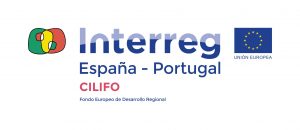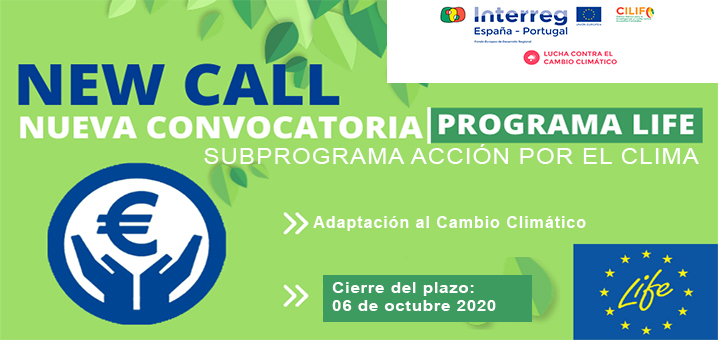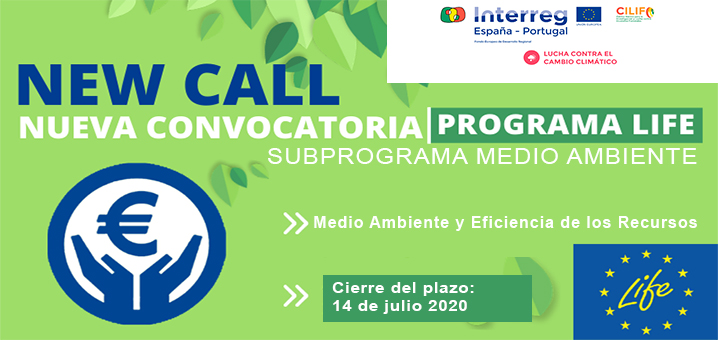23.02.2020. The Environment and Climate Action Programme (LIFE) is the European Union’s financial instrument dedicated to the environment for the period 2014-2020. Its overall objective is to contribute to sustainable development and the achievement of the objectives of the Europe 2020 strategy and the EU’s environment and climate strategies. One of the sub-programmes of LIFE is Climate Action, which represents 25% of the total funding.
The European Union (EU) co-finances up to 55% of projects in the priority area of Adaptation to Climate Change (within the Climate Action sub-programme)especially projects related to resistance to water scarcity, droughts, forest fires or floods, adaptation technologies for economic sectors and the safeguarding of natural resources. The programme provides action grants for best practices, pilot, and demonstration projects that contribute to building resilience to climate change. In particular, the European Commission seeks technologies and solutions that are ready to be applied in proximity to the market, on an industrial or commercial scale, for the duration of the project. In addition, the Climate Action Sub-Programme promotes the development and implementation of EU policy on climate change adaptation, best practices, and solutions for climate change adaptation, including ecosystem approaches and knowledge sharing.
Under the LIFE Programme and the 2020 call, there are interesting opportunities to give continuity to several actions of the Iberian Centre for Research and Fight against Forest Fires (CILIFO). The project could obtain alternative sources of funding for some lines of study, research and dissemination that are being carried out by the different Working Groups of the project. Furthermore, a proposal promoted by CILIFO within the framework of the LIFE Programme could exploit the good practices of CILIFO and the results obtained by the CILIFO Working Groups.
The CILIFO project, which is a European project focused on the prevention and extinction of forest fires, as well as on the adaptation and mitigation of climate change, is led by the Andalusian Regional Government (Spain). CILIFO has the first accelerator/incubator specialized in the prevention and extinction of forest fires and co-founded by an Interreg programme in Europe, «Firefighting Open Innovation Lab – CILIFO», which can contribute with innovative solutions. This Open Innovation Lab welcomes entities (entrepreneurs, spin-offs, start-ups, SMEs…) working in the field of climate change adaptation and mitigation, including forest fire prevention and extinction.
Target: the programme is aimed at consortia between public and private organisations at local level, councils, town halls, universities, public or private companies (including SMEs) and associations. Startups and entrepreneurs can also apply for the aid, as innovation in low-cost technologies for easy application in different areas is particularly encouraged.
Procedure: The Climate Action Sub-Programme follows a one-step application procedure, which means that you are asked to submit complete project proposals from the beginning.
Call for concept notes for traditional climate change mitigation projects closes on 6 October 2020.
Project example: Drone-Hopper (intelligent fire fighting systems)
DRONE-HOPPER works on the design and manufacture of high load capacity drones for fire fighting and precision agriculture. With a load of 300 litres of water and ecological retardant, these drones can create a firebreak of up to 600 metres. The company has already won the 1st edition of the CILIFO Firefighting Start-up Europe Awards, held on 12.12.2019, as part of the COP25 in Madrid. Likewise, this technology has been presented in a project and approved by the European Commission within the framework of the SME Instrument – Horizon 2020, phase 1 and 2.
Responding to the COVID-19 pandemic: Due to the COVID-19 health crisis, projects dedicated to the management of the COVID-19 pandemic have taken on special relevance for the European Commission, encouraging research into systems of contagion and control of pandemics. It is not only researching new drugs or vaccines that may be of special interest in the fight against the coronavirus but also looking for projects that have unique viability in this field so important at present.
EU applicants are encouraged to reflect on what elements of their project can help prevent, mitigate, manage the current crisis or recover from a similar health crisis in the future. The aim is that any project that has some element, however small, that can collaborate or add to a much larger and more coordinated response in the fight against the pandemic, can be investigated from a health approach in order to readapt it and turn it into a response that, coming from different projects, can become a solution greater than the sum of its parts.
For more information contact the Coordinator of the CILIFO project at the Finnova Foundation, José Manuel Requena (jrequena@finnova.eu) or visit the web.


